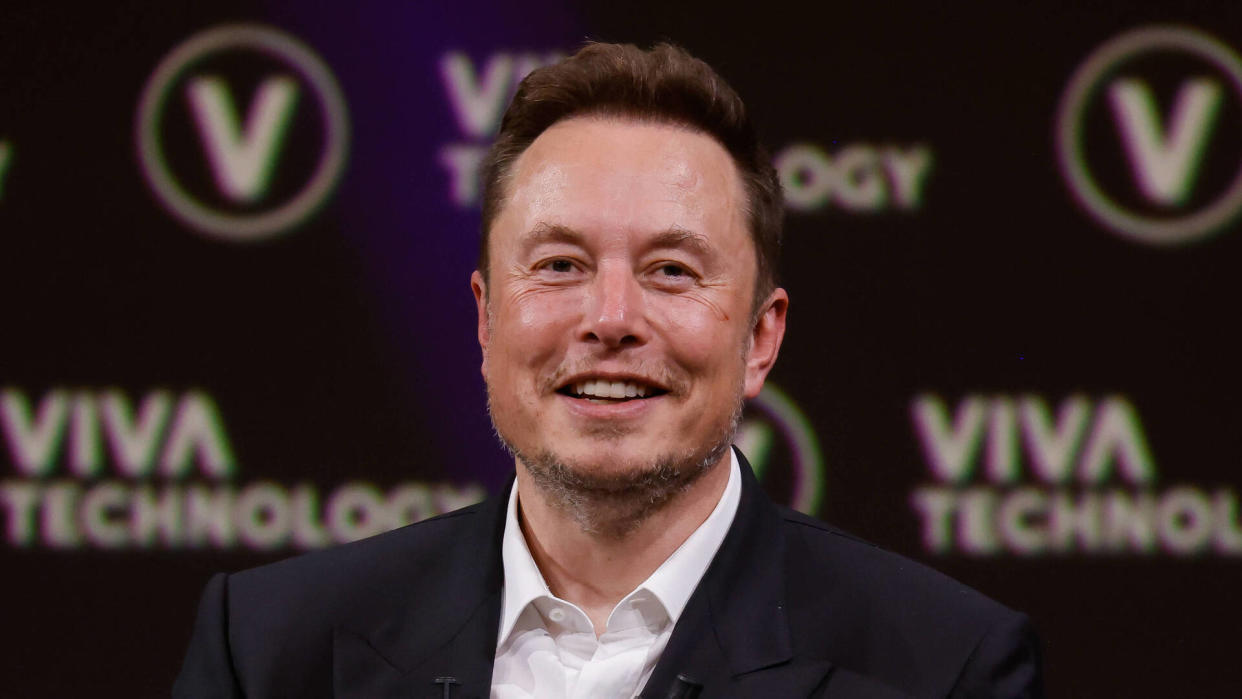How Much Do Musk, Buffett and Other Billionaires Pay in Social Security Taxes?

Most Americans will spend the full year paying Social Security payroll taxes, but for some billionaires, that obligation is met in a matter of seconds. For example, Elon Musk likely met his 2023 Social Security tax obligation just a few seconds after showing up to work on Jan. 3, 2023 — the first official workday following the New Year’s holiday.
Here’s How the US Social Security Compares to Other Countries: What That Means for Your Wallet
Find: 3 Ways To Recession-Proof Your Retirement
That estimate is based on Musk’s typical earnings in a given year. For example, the Tesla CEO and world’s richest person earned $23 billion in the first quarter of 2022 alone, GOBankingRates reported last fall. That adds up to about $333.33 million a day, or $42 million an hour. Broken down further, Musk earns about $700,000 a minute, and $11,666 a second.
I’m a Financial Planning Expert: 9 Things You Should Never Buy If You Want To Retire Early
Once you reach $160,200 in yearly earnings, you no longer have to pay Social Security taxes. Musk reached that limit in about 14 seconds.
Not only do mega-billionaires like Musk, Warren Buffett, Jeff Bezos, Larry Ellison and Bill Gates pay the full amount of Social Security taxes in practically no time at all. Even folks who are “just” millionaires usually stop paying after a couple of months, according to a study from the Center for Economic and Policy Research (CEPR).
That study, released in March, found that someone whose paycheck is $83,333 a month — and $1 million a year — stopped contributing to Social Security on Feb. 28.
The maximum amount of taxes an American can pay into Social Security in 2023 is $9,932.40 for the year. That’s how much billionaires, millionaires and anyone else earning about $160,200 in 2023 will pay.
Social Security taxes are deducted from paychecks, with employee contributions totaling 6.2% of wages and employer contributions also totaling 6.2% of wages. When you multiply $160,200 by 6.2%, you arrive at the $9,932.40 figure.
If you’re self-employed, you might end up paying more in Social Security taxes than billionaires and millionaires. The reason is that self-employed individuals are responsible for paying both the employee and employer portions, or 12.4%.
For the vast majority of workers, this isn’t a problem. As the CEPR noted, the median annual household income for a full-time worker in the U.S. is $54,132 — just a little more than one-third of the $160,200 income threshold for Social Security taxes.
The fact that billionaires like Musk and Bezos stop paying Social Security taxes in less time than it takes to make a cup of coffee doesn’t sit right with some people — especially considering that Social Security faces a major funding shortfall when the program’s Old-Age and Survivors Insurance (OASI) Trust Fund runs out of money in about a decade.
“Despite earning much more than the average worker, a millionaire’s effective tax rate is far lower than the average worker’s,” the CEPR report said. “As a result, the burden of supporting Social Security falls most heavily on working-class and middle-class people.”
To help address the funding shortfall, the CEPR and others advocate scrapping the Social Security payroll tax cap entirely and making everyone pay the same tax rate. Doing this “would close the current projected shortfall and allow for expansions that improve Social Security’s adequacy and inclusiveness,” according to the CEPR.
More From GOBankingRates
This article originally appeared on GOBankingRates.com: How Much Do Musk, Buffett and Other Billionaires Pay in Social Security Taxes?
